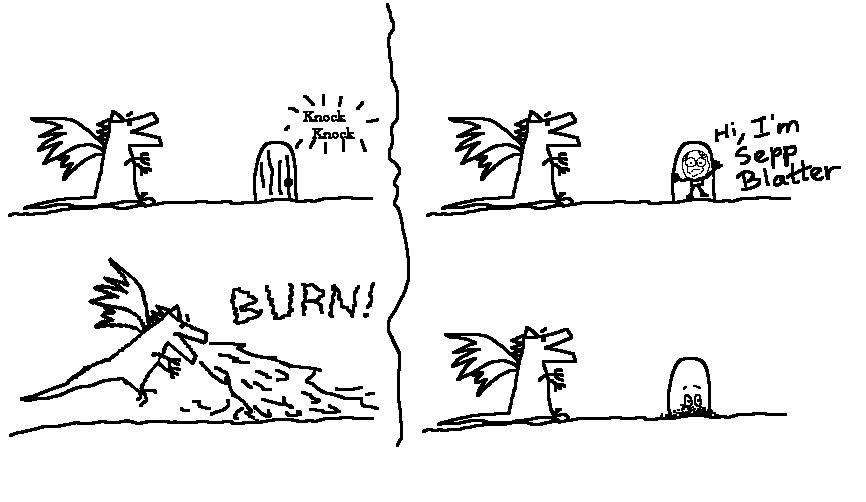Bore of Duty Modern Warfare 3 (30/11/2011)
I like first-person shooters, I really do. If I’ve got my chronology right, then so far this year I’ve played Crysis 2, Call of Duty MW2 and both Battlefield Bad Company 1 and 2 in the last twelve months. Of all of those, in hindsight, COD MW3 was the worst. Or maybe, to be fair, the least good. The least engaging.
And that, at first, struck me as a bit odd, because MW2 was awesome, if a bit short, and the graphics and settings and well the whole audio-visual experience of MW3 was as good as I remember, possibly better. And the settings! Paris, London, Prague, Hamburg. Beautiful, all of them. And all the little flips out into calling down airstrikes – yes! Explosions! Sense of god-like power! Not to mention getting to shoot the living shit out of the NY stock exchange. I seem to remember using up an awful lot more grenades than strictly necessary on that one.
But.
But but but.
Thing is, we all know, really, that even the prettiest FPS is frequently, in essence, a long corridor with a bunch of corners. Far Cry and others kind of moved us away from that, but y’know, honestly, mostly I just get in the jeep and drive along the convenient road and then it’s a corridor again. Just bendy, instead of with corners. But dammit, Sledgehammer, these magnificent urban environments of yours do end up feeling a hell of a lot like corridors, you know. Would it have hurt to have had a few more alternative routes kicking about? Crysis 2 was probably every bit as bad, but it didn’t feel it.
The kicker, though, are the missions. Follow this bloke, follow that bloke, occasionally protect someone, but them mostly follow someone. And sometimes it’s knuckle-clenching heart-thumping action, but mostly it isn’t, and I can hide around a corner in the corridor and everything very loudly waits for me to get back to following someone.
In the final mission, there’s a sequence at the end where you have to press the right buttons at the right time to get the right outcome. At each critical moment, the game tells you exactly what to do. Kind of like a cut-scene but more irritating unless you’re good at remembering button sequences. Other shooters do the same, but it’s perfectly why MW3 was kind of disappointing. Because well over half of the game felt much the same. It’s a game that allows you to participate in its glory as a bit of a walk-on extra when you were supposed to be the star.
